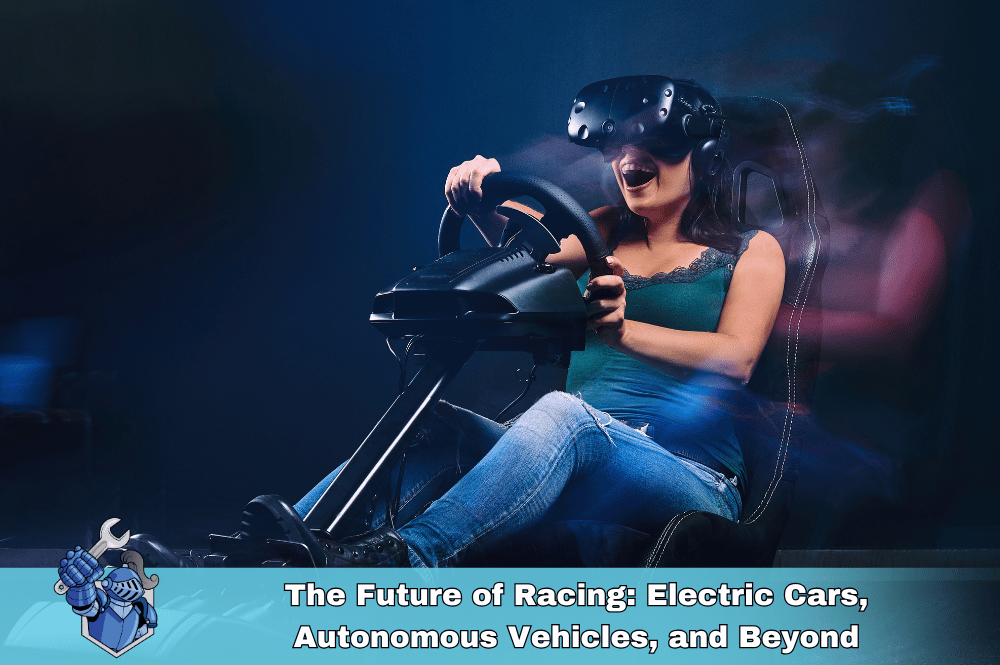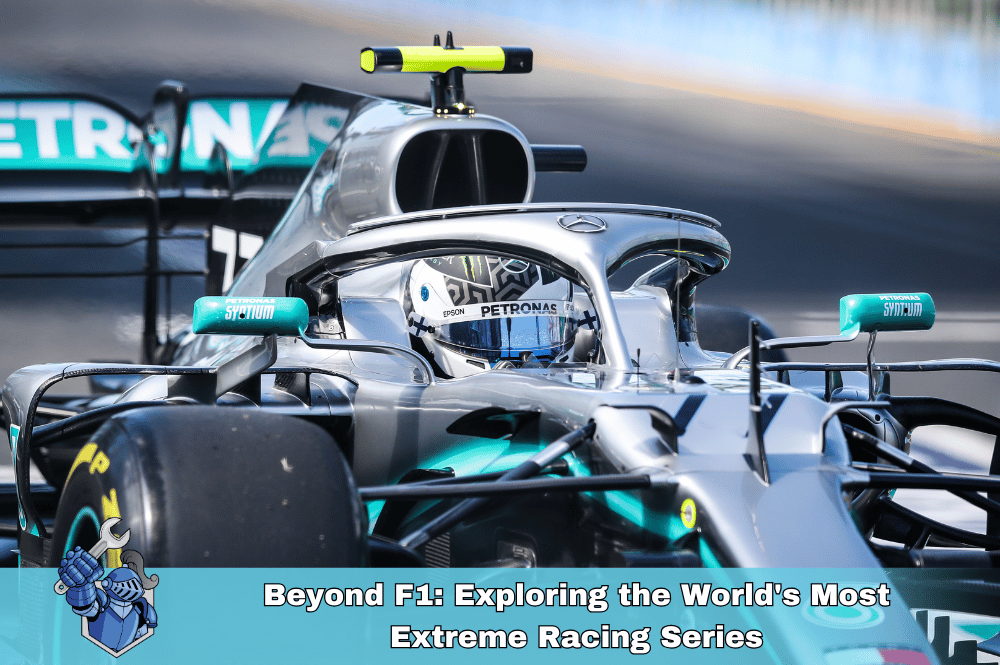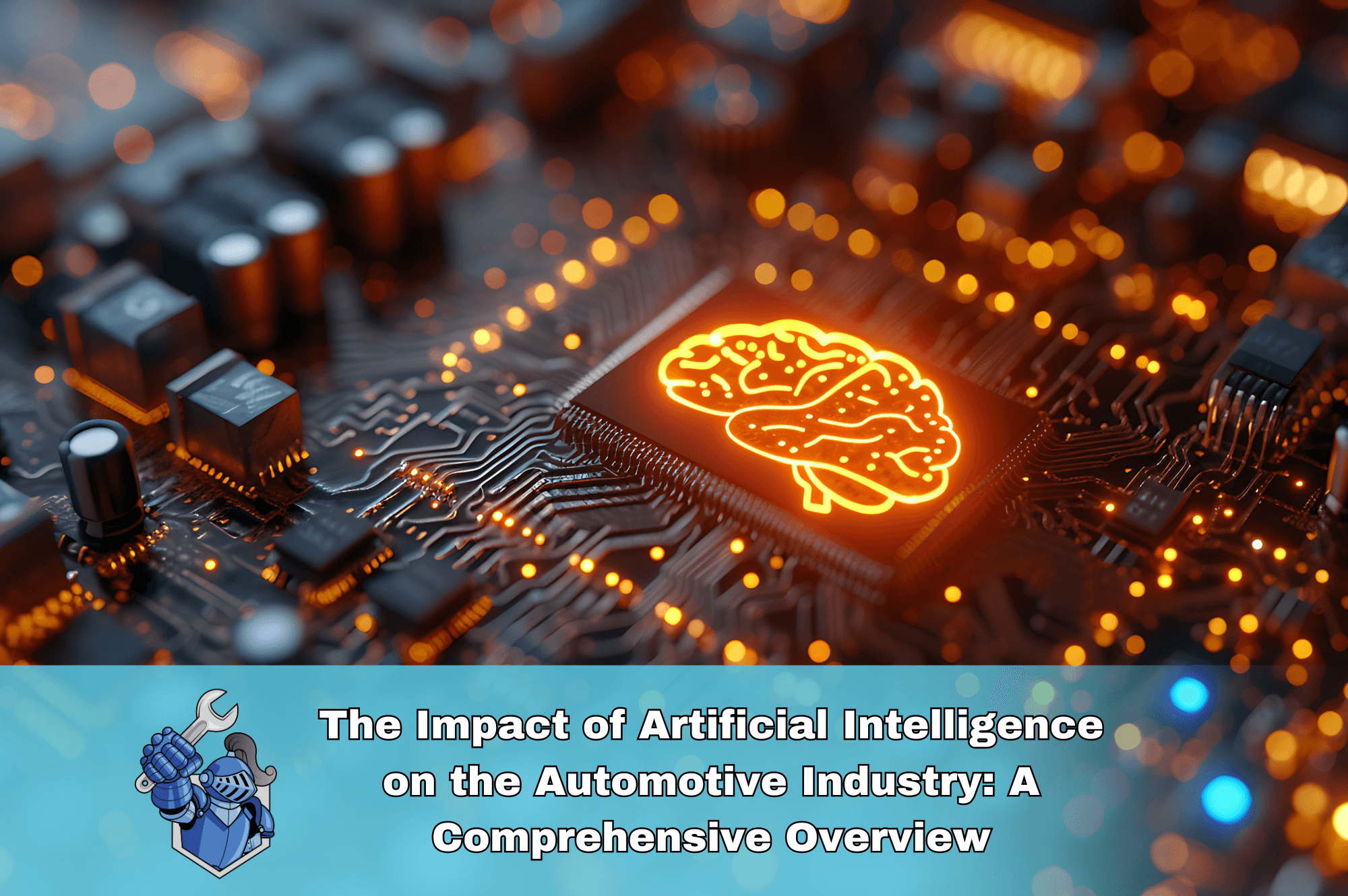Electric cars are redefining racing with instant torque, quieter engines, and sustainable performance. Series like Formula E are showcasing the potential of EVs in motorsports while encouraging advancements in battery technology and energy efficiency.
Racing has always been a stage for innovation, pushing the boundaries of technology, skill, and imagination. As we stand on the brink of a transportation revolution, the motorsports world is undergoing dramatic transformations fueled by electric cars, autonomous vehicles, and cutting-edge technology. This article explores the future of racing, highlighting trends, challenges, and opportunities that lie ahead.
The Evolution of Racing: From Combustion Engines to Electric Cars
Motorsport has traditionally been synonymous with roaring engines and the smell of burning fuel. However, as environmental concerns grow, the shift toward electric car racing is accelerating. Events like Formula E—a premier electric car racing series—showcase the thrilling potential of sustainable, zero-emission racing.
Electric vehicles (EVs) bring unique characteristics to motorsports:
- Instant torque delivery, which offers explosive acceleration.
- Quieter operations, enhancing the focus on strategy and driver skill.
- Opportunities for innovation in battery technology and energy recovery systems.
Formula E has already inspired the development of advanced batteries and charging systems, many of which are being adapted for road cars. According to a study by McKinsey, the EV racing sector is expected to grow significantly as manufacturers increasingly align with sustainability goals.
Autonomous Vehicle Racing: The Rise of Roborace and AI-Driven Competition
Imagine a racetrack filled with high-speed cars driven entirely by algorithms. Autonomous vehicle racing, led by initiatives like Roborace, is turning this vision into reality. These self-driving car races pit artificial intelligence (AI) systems against one another, showcasing cutting-edge robotics and machine learning in high-stakes environments.
Key Innovations in Autonomous Racing:
- AI Decision-Making: Algorithms analyze data in real-time to optimize speed, braking, and cornering.
- Advanced Sensors: LIDAR, radar, and cameras create detailed maps of the racetrack, enabling precise navigation.
- Collaborative Learning: Autonomous cars learn from each other, continually improving performance.
While some purists argue that self-driving car racing lacks the human element, others see it as a thrilling demonstration of technology's potential. Additionally, these advancements have practical applications, including improving road safety and autonomous vehicle performance in daily life.
The Intersection of Racing and eSports
Racing simulators and eSports racing are redefining what it means to compete. Platforms like iRacing and Gran Turismo have created immersive, highly competitive environments where gamers and professional drivers compete on equal footing.
Why eSports Racing is the Future:
- Accessibility: Unlike traditional motorsports, eSports requires no expensive equipment or extensive travel.
- Global Reach: Online platforms connect players and audiences worldwide, driving viewership and engagement.
- Cross-Pollination: Many professional racers, including Formula 1 drivers, use simulators to train, blurring the line between virtual and real-world racing.
The growth of eSports racing has even led to hybrid events, where real and virtual racing worlds collide, further expanding the audience for motorsports.
Sustainability and the Push for Green Racing Technology
The motorsport industry is embracing green racing technology to address environmental concerns. Initiatives like using biofuels, hydrogen fuel cells, and fully recyclable materials are gaining traction.
Formula 1's Sustainability Goals:
By 2030, Formula 1 aims to achieve a net-zero carbon footprint through innovations in power unit technology and sustainable logistics. This commitment reflects the broader shift toward sustainable racing and demonstrates how motorsport can lead by example.
The environmental impact of future racing technologies will likely influence the industry for decades, aligning motorsports with global sustainability efforts.
Racing Technology Trends: From AI to Drones
AI in Racing
Artificial intelligence plays a pivotal role in modern racing, from predictive analytics for pit stops to enhancing fan engagement through personalized content. AI also powers autonomous vehicles, shaping the next generation of competition.
Drone Racing
While unconventional, drone racing has captured the imagination of tech enthusiasts and racing fans alike. With its fast-paced aerial maneuvers and 3D racetracks, drone racing represents the intersection of robotics and high-speed competition.
Ethical Considerations and Challenges
The rise of autonomous vehicles and AI in racing raises important ethical questions:
- Safety Concerns: How do we ensure the safety of autonomous systems at high speeds?
- Human Element: Does removing the driver diminish the essence of motorsport?
- Fairness: In AI-driven races, how do we balance the resources of teams with varying budgets?
As technology evolves, these challenges will shape the rules and ethos of motorsports in the future.
The Future of Racing: A Collaborative Vision
The future of racing lies in collaboration between technology companies, car manufacturers, and regulatory bodies. By embracing innovation, motorsports can remain a vibrant, exciting, and relevant part of global culture.
Conclusion
The motorsports industry is entering an exciting era, driven by electric vehicles, autonomous systems, and technological breakthroughs. While challenges remain, the opportunities for innovation, sustainability, and global engagement are boundless. Whether you're a die-hard racing fan or a tech enthusiast, the future of racing offers something for everyone.
Stay ahead of the curve—explore the future of racing with Noble Quote.
Your Top Questions About the Future of Racing Answered
How are electric cars transforming the future of racing?
What is autonomous vehicle racing, and how does it work?
Autonomous vehicle racing involves cars driven entirely by artificial intelligence. Using advanced sensors, AI algorithms, and real-time data processing, these cars navigate tracks without human drivers, as seen in events like Roborace.
Will autonomous vehicles replace human drivers in racing?
While autonomous vehicles bring exciting advancements, they are unlikely to replace human drivers entirely. Instead, they will complement traditional motorsports, offering a new form of competition focused on technology and AI innovation.
What is Formula E, and why is it important?
Formula E is a fully electric racing series that promotes sustainability and innovation in motorsports. It highlights the potential of electric vehicles while pushing manufacturers to develop environmentally friendly technologies.
How does AI influence modern motorsports?
AI powers predictive analytics, assists in vehicle performance optimization, and enables autonomous racing. Teams use AI to make data-driven decisions about strategy, pit stops, and race conditions.
What is drone racing, and how is it shaping the future of competition?
Drone racing features high-speed aerial vehicles navigating complex 3D courses. Combining robotics and precision control, it’s gaining popularity as a high-tech, accessible alternative to traditional motorsports.
What is the environmental impact of racing technologies?
Green racing technology, such as biofuels, hydrogen engines, and recyclable materials, reduces carbon emissions and aligns motorsports with global sustainability goals. Electric and hybrid vehicles are also key players in minimizing environmental footprints.
How do autonomous racing events like Roborace benefit society?
Autonomous racing accelerates the development of AI, robotics, and vehicle safety systems. These technologies often trickle down to consumer vehicles, improving road safety and advancing autonomous driving.
What is eSports racing, and why is it becoming so popular?
eSports racing involves competitive virtual racing using simulators. Its accessibility, affordability, and global reach make it an attractive option for fans and competitors, bridging the gap between gaming and real-world motorsports.
Where can I learn more about the future of motorsports?
Visit Noble Quote’s Learning Center for comprehensive resources and insights into racing technology, sustainability, and emerging trends in motorsports.
Suggestions for you
Read MoreLet’s work together
Every week we showcase three charitable organizations that our donations are sent to. Our clients are able to choose which of these three will receive their gift when they add coverage to their vehicle...


 Forza: The Perfect Blend of Simulation and Arcade Fun
Forza: The Perfect Blend of Simulation and Arcade Fun Beyond F1: Exploring the World's Most Extreme Racing Series
Beyond F1: Exploring the World's Most Extreme Racing Series The Greatest NASCAR Rivalries of All Time: On-Track Battles and Off-Track Drama
The Greatest NASCAR Rivalries of All Time: On-Track Battles and Off-Track Drama 10 Things You Didn't Know About James Bond’s Aston Martin DB5
10 Things You Didn't Know About James Bond’s Aston Martin DB5 Knight Rider vs. Back to the Future: A Battle of the 80s Icons
Knight Rider vs. Back to the Future: A Battle of the 80s Icons Electric Vehicles 101: What You Need to Know Before Making the Switch
Electric Vehicles 101: What You Need to Know Before Making the Switch Looking for the Perfect Gift for a Car Enthusiast? Try These 10 Puzzles
Looking for the Perfect Gift for a Car Enthusiast? Try These 10 Puzzles Revving Up the Excitement: Unveiling the Magic of Disney Pixar's 'Cars'
Revving Up the Excitement: Unveiling the Magic of Disney Pixar's 'Cars' Famous Actors Who Have a Need for Speed: Hollywood's Race Car Drivers
Famous Actors Who Have a Need for Speed: Hollywood's Race Car Drivers The Impact of Artificial Intelligence on the Automotive Industry: A Comprehensive Overview
The Impact of Artificial Intelligence on the Automotive Industry: A Comprehensive Overview The Iconic Cars of the Fast and the Furious: A Detailed Breakdown
The Iconic Cars of the Fast and the Furious: A Detailed Breakdown Famous Movie Car Chases: A Technical Breakdown
Famous Movie Car Chases: A Technical Breakdown Iconic Film Cars: A Journey Through Cinematic Time
Iconic Film Cars: A Journey Through Cinematic Time AI Warranty Services: The Future of Car Protection
AI Warranty Services: The Future of Car Protection

